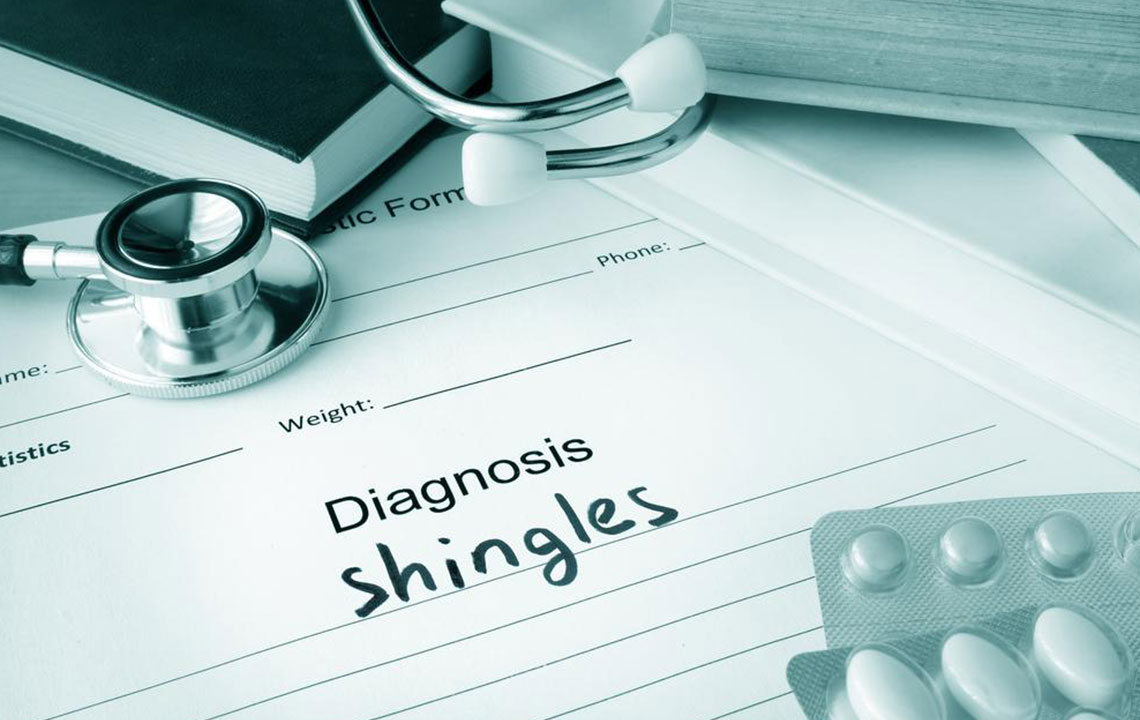Essential Insights into Shingles: Causes, Signs, and Remedies
This comprehensive guide explores shingles, covering its causes, symptoms, and available treatments. It emphasizes early detection and proper care to manage symptoms effectively. While there is no cure, proper medication and lifestyle adjustments can ease discomfort and prevent complications. Always seek advice from healthcare professionals for personalized treatment options.

Essential Insights into Shingles: Causes, Signs, and Remedies
Shingles present as painful streaks or patches that typically appear on one side of the face or body. These areas develop blisters that release fluid when broken. The condition is caused by the varicella zoster virus, the same virus behind chickenpox. Early diagnosis is crucial for effective treatment options that can alleviate symptoms and speed recovery.
Causes of shingles
Understanding what triggers shingles helps guide appropriate treatment. While the exact mechanism remains unclear, research points to certain factors:
Weak immune defenses increase the risk of shingles.
Individuals undergoing cancer treatments or living with HIV are more susceptible.
Psychological stress and emotional upheaval can also contribute.
Timely and suitable medication plays a vital role in managing shingles effectively.
Signs and symptoms
Recognizing symptoms aids in early intervention. Common indicators include:
Numbness, pain, and itching on one side of the body
Appearance of rashes
Red blotches that develop into fluid-filled blisters accompanied by itching
Swelling of surrounding tissues
Treating shingles
While there is no cure to completely eradicate the virus, treatments focus on symptom relief and preventing complications:
Keep rash areas clean and dry to avoid secondary infections.
Wear loose clothing for comfort.
Applying calamine lotion can help reduce itching.
Use prescribed painkillers or antihistamines to alleviate discomfort.










